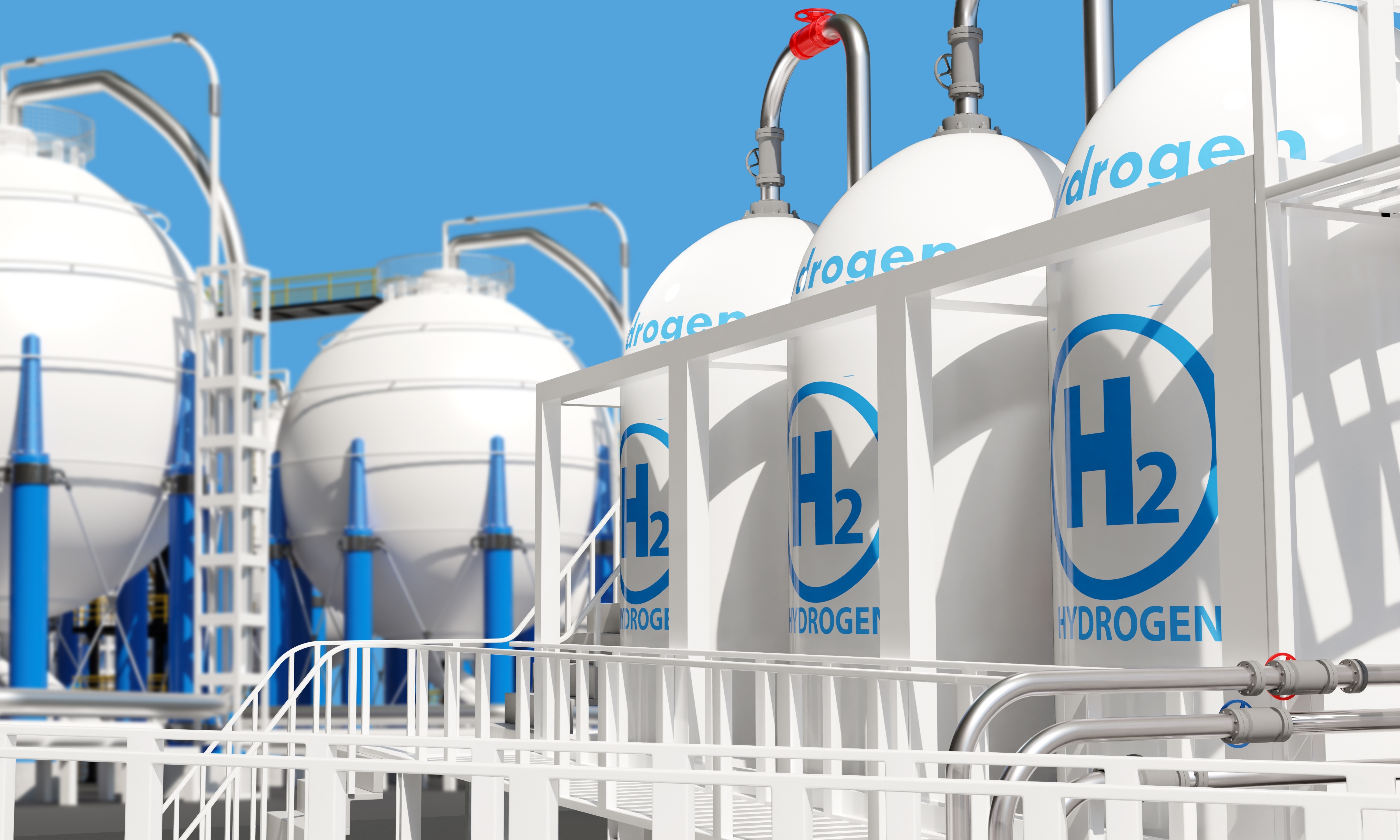IEEFA comments to New York State about National Grid 20 Year Plan

Key Takeaways:
National Grid’s 20 Year Plan declares an intent to eliminate fossil fuels from its existing gas network by 2050, but plans to achieve this using green hydrogen.
IEEFA is concerned that hydrogen, which presents significant shortcomings and unanswered questions, is not suitable for the role described by National Grid.
Hydrogen as an energy source is not ready for prime time, and in the coming years it will likely be eclipsed by electrification, battery storage and other options.
For economic, environmental and public safety reasons, National Grid should reconsider its proposal regarding hydrogen and hydrogen blending.
The Institute for Energy Economics and Financial Analysis (IEEFA) has submitted comments to the New York State Public Service Commission regarding National Grid’s 20 Year Plan. The comments encourage National Grid to reconsider its reliance on hydrogen as an energy source in homes or buildings.
In National Grid’s 20 Year Plan, it declares an intent to eliminate fossil fuels from its existing gas network by 2050, yet plans to achieve this by “delivering renewable natural gas and green hydrogen to our customers.” IEEFA’s comments lay out why National Grid should rethink its plans regarding distribution of hydrogen to homes and businesses given that the chemical poses safety issues as well as climate risks, and most probably will be eclipsed by electrification and battery storage.
“National Grid’s reliance on hydrogen is more likely wishful thinking than real planning,” said Suzanne Mattei, IEEFA energy policy analyst and author of the comments. “Hydrogen has not become a leading energy source because the barriers to its use are substantial and the benefits are limited. For economic, environmental and public safety reasons, National Grid should reconsider its proposal regarding hydrogen and hydrogen blending.”
IEEFA’s comments point out that National Grid fails to present important points of information that would better allow the NY State Public Commission and the public to evaluate the options. Hydrogen presents significant shortcomings and unanswered questions, making it unsuitable for the role described by National Grid.













